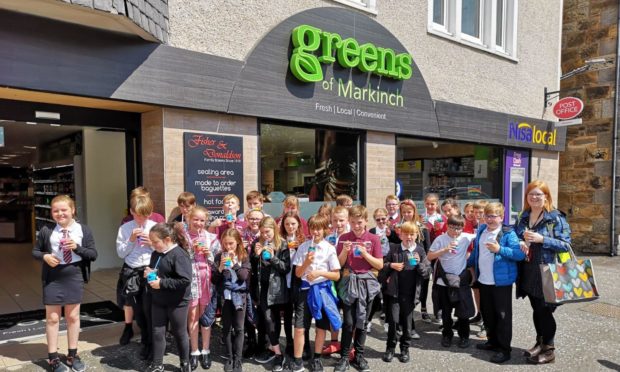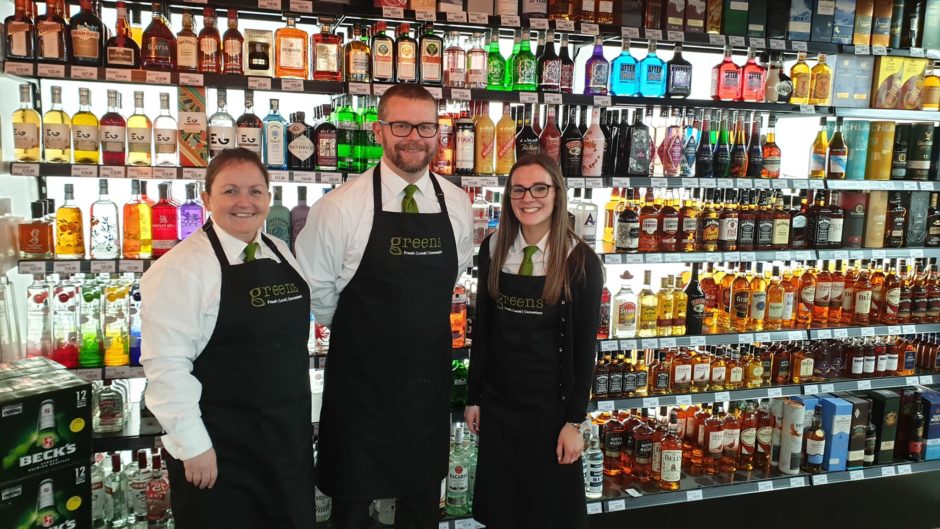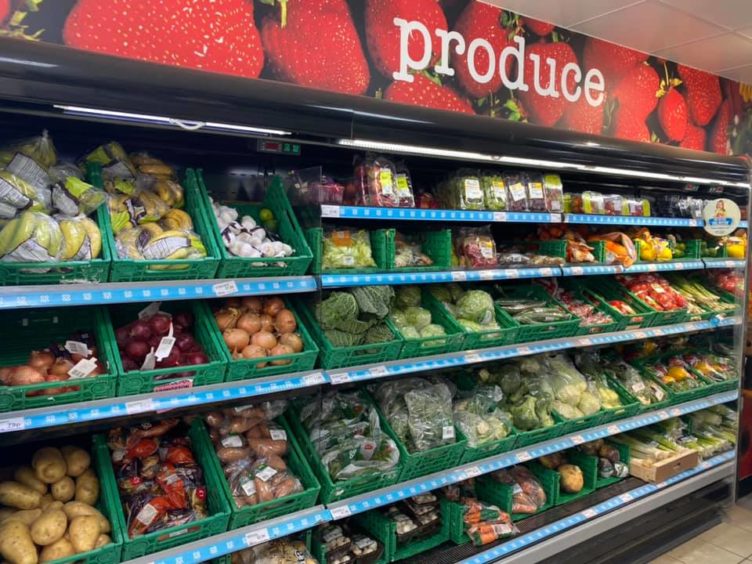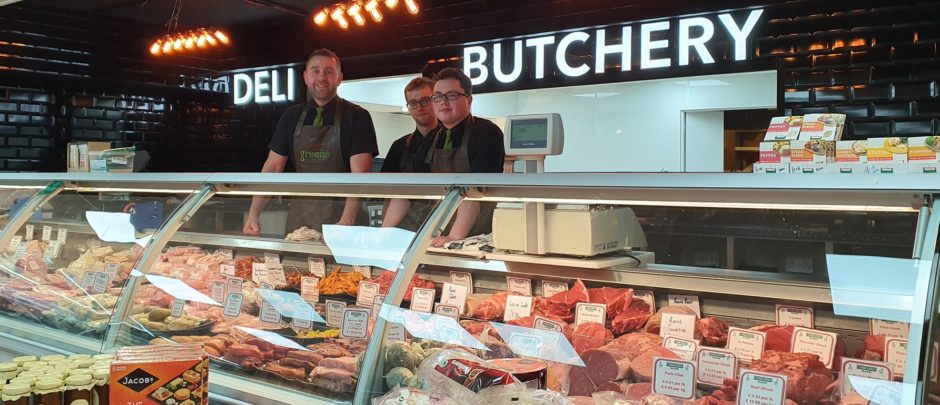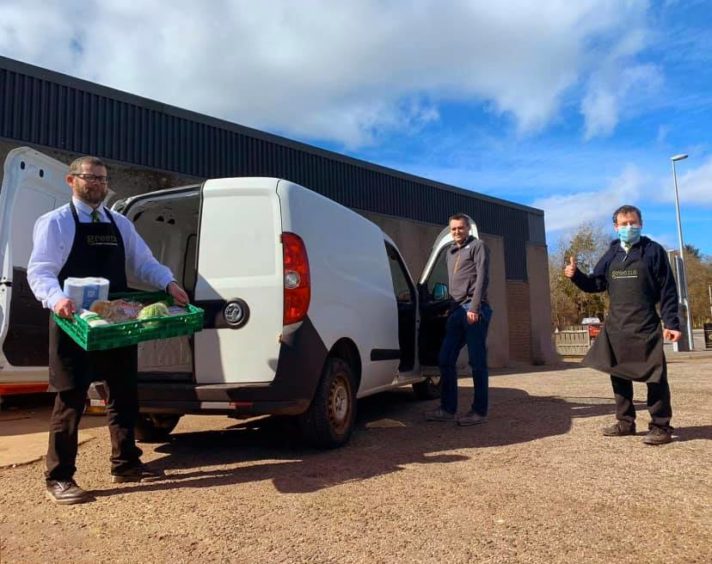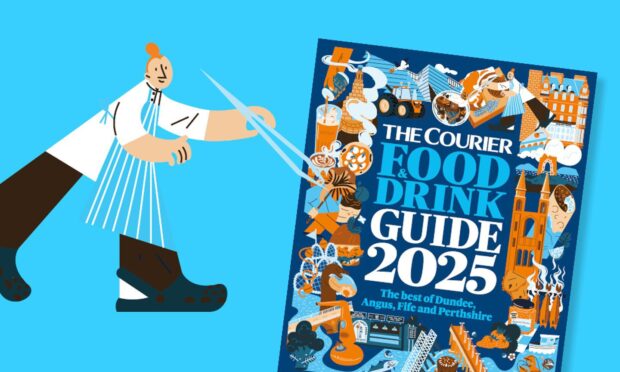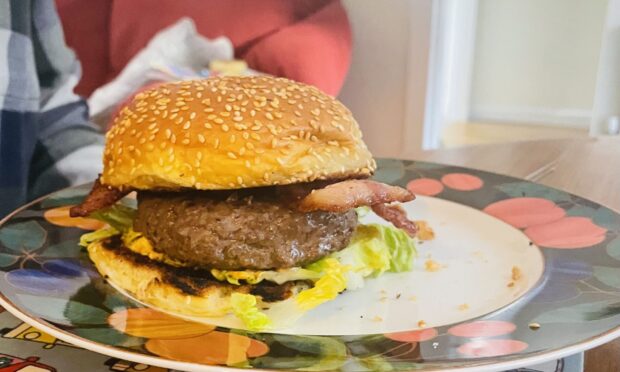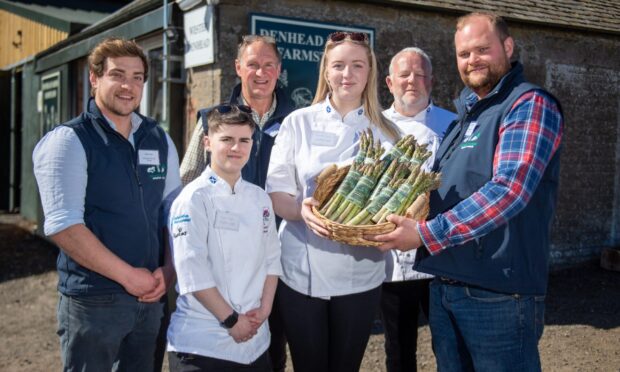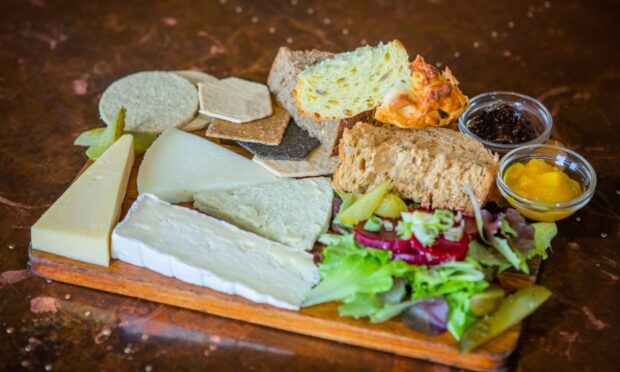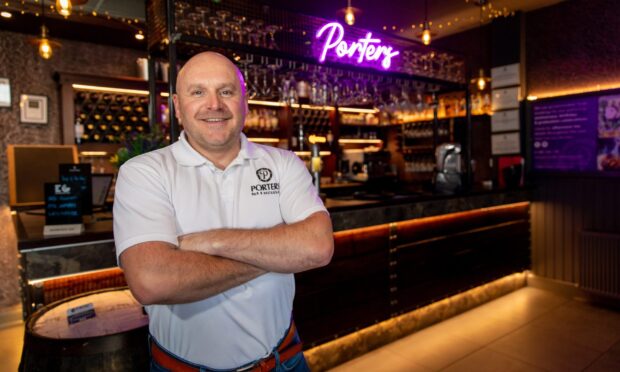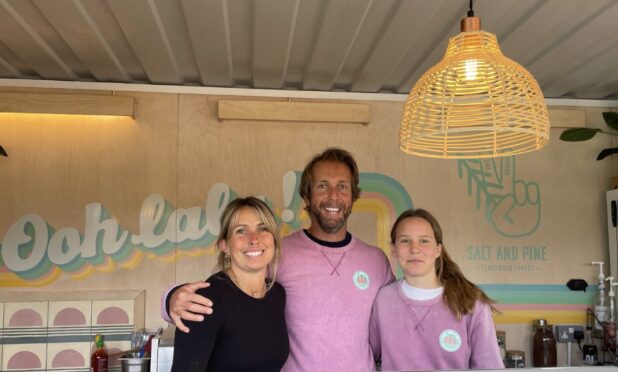Convenience stores became key community hubs during the coronavirus lockdown, and in some cases sales doubled. Brian Stormont found out what it meant for store owners – and whether the ‘shop local’ ethos of the pandemic can endure..
As local businesses proved to be vitally important during lockdown, convenience stores played a key role in ensuring that essentials such as milk, bread and fresh produce reached vulnerable and elderly people.
Many also operated delivery services – a number of which were free – to ensure food and other goods got to their customers who were self-isolating or shielding during the Covid-19 outbreak.
And the pandemic has provided an impressive boost to convenience store sales this year helping the market grow by more than double the rate achieved in 2019.
According to the latest Mintel research, convenience sales will grow by almost 8% in 2020 – compared to the 3% achieved last year.
The significant increase in in-home food and drink experienced as a result of Covid-19 will see the convenience store market grow from £44.1 billion in 2019 to an estimated £47.5bn in 2020.
And this is despite the hit to “on-the-go trade” such as items eaten out-of-home – including those for breakfast and lunch.
Significant jump
Harris Islam, managing director of Eros Retail, which has six stores in Fife and one each in Ellon and Tillicoultry, mainly trading under the Greens name, said that his group has enjoyed an increase in sales.
He said: “It was the same when we had the Beast from the East. From a straight turnover perspective we saw quite a significant jump in sales and exactly the same at the moment as well, not across the board but certainly there has been a pretty clear shift to convenience.
“At the end of the day a lot of our customer base and local communities have obviously wanted to shop local. The benefit of businesses like ours are that we can move very, very quickly and deliver exactly what the customers want and we know what our customers want being in the local area.
“We also moved quickly to deliver a very safe customer shopping experience as well. Even simple things like screens. Now absolutely everywhere you go they have screens up, but I think we delivered that about a week to 10 days prior to the supermarkets or any of our competitors were even having any mention of them.”
Retention of customers
Following on from the uplift in sales, things are gradually beginning to settle down, although there is optimism that many customers will be retained.
“Convenience has seen a big growth from the initial few weeks. A lot of that has settled down now very much so and people are getting back to normality and returning to normal shopping habits.
“In some ways,it is a bit of a shame as we try to encourage people to shop local as much as possible, both with ourselves and other local businesses as well that are obviously the backbones of our communities.
“That return to the supermarkets and discounters that we also saw after the Beast from the East is a shame but, from our perspective, it is always about doing the absolute best we can do for our customers and giving them a reason to stay.
“There have been a lot of new faces that have come in and never been in our stores before and there will be an element of retention there, but it doesn’t quite stop there, as I think any form of bricks and mortar retail in this day and age is a constantly evolving piece of work and we need to make sure that, yes we are a local business, yes we are a Scottish-based business, yes we work with local suppliers but we need to keep on evolving and ensure we are going above and beyond for every single one of our customers.
“They are absolutely at the heart of what we do. In that regard we have retained an element, but it doesn’t stop there, as there is a lot more work to be done.”
Planning ahead
Being on the ground locally was key to convenience stores being able to react, but also plans put into practice in the past proved to be hugely beneficial.
Mr Islam added: “This is where a smaller local business like ours can adapt extremely quickly and that is exactly what we did. I think if you look at product ranges as an example.
“During the Beast from the East we had started shifting things a lot more local as part of our business strategy which helped us after the Beast from the East and we decided to press on with that even further so that we knew if there was any further disruption the more local suppliers we worked with then better.
“Where local was impossible, we look for Scottish suppliers and where that isn’t possible we look for British and then after that as close as possible to the UK. That was a big piece of work that had been going on for a few years now and, especially in light of Brexit, that was a big part of our contingency planning.
This is where a smaller local business like ours can adapt extremely quickly and that is exactly what we did.
Harris Islam, managing director, Eros Retail.
“Logically it makes sense and from an ethics and values perspective it absolutely makes sense for ourselves and that’s exactly what kind of came into play essentially during the last few weeks and months.
“To be honest we were in a position we had already changed our supply to local and that kicked in even more so and we needed more product because people were initially panic buying and there were supply chain issues and so on. Thankfully we adapted extremely quickly.”
Business working together
And stepping in to work hand in hand with another local business when their market collapsed during the pandemic was a perfect example of local benefiting local.
Mr Aslam explained: “If you look at Henderson Butchers based in Glenrothes – a lot of their business is the likes of Gleneagles and the Fairmont St Andrews, the Old Course, a lot of the really upmarket hotels and restaurants where that business essentially collapsed overnight.
“Peter Grant’s (local MP) office got in touch and said ‘Is there anything we can do together?’ and although we were already working with local butchers anyway, inevitably there was a surplus in supply from their end and at our end there was a demand for a further supply and very quickly we worked together to get our customers an absolutely top-quality meat product which was locally sourced and locally butchered and was as fresh as possible.
“We did a lot of simpler things and other things like working practices and the number of people on at one time and even at one point we had a bouncer in as well which was obviously completely unheard of.
“It has been across the board but the support we have seen from customers and local suppliers in particular has just been absolutely exceptional.”
Lockdown fears
Scott Graham, owner of McLeish, Inverurie, was hugely concerned when lockdown was imposed and feared the worst for the store he has owned for the last 11 years.
He said: “Our store’s very much High Street, transient, and relies heavily on schoolchildren, workmen etc coming in and the general footfall on the High Street, so when lockdown kicked in I actually thought we would end up closing, largely due to a large part of our business disappearing overnight – but it couldn’t have been further from the truth.
“What actually happened is that people quite simply began to start shopping local and supported local businesses, which they have done in the past, but I think this just took it to a whole new level.
“What lockdown did was highlight our store more as a community store than it has ever been because we were one of the few businesses that was open. Basically in Inverurie there was the bank, us and Boots the Chemist. Everywhere else was closed.
“I believe people really appreciated the work that our staff put in, being here every day and the work we put in to ensure the availability was the best it could be.
“We probably sold three tonnes of flour in six weeks. I was lucky if I sold three bags of flour in 10 years!
“You could say the same for pasta and various other things and obviously there was a big increase in alcohol sales with the pubs being closed.”
Growth
This rate of growth is outperforming the wider grocery sector, which is expected to grow by around 6% in 2020.
While Brits flocked to local stores during lockdown, such a peak in demand will not continue into 2021, particularly if social distancing measures continue to be relaxed and consumer budgets are squeezed further.
Mintel estimates a decline of -3.9% in the market in 2021, as it rebalances before reaching more consistent lower growth through to 2024 (of 2-3%) when the market is forecast to reach £49 bn.
Overall, 94% of convenience store users (or almost 80% of all internet users aged 16+) use a convenience store at least once a month.
Importance of stores
Regarding convenience store sales, Nick Carroll, associate director of Retail Research, said: “The shift to localised shopping during the peak of Covid-19 has benefited the convenience sector, driving larger-basket demand and sales as consumers necessarily shopped more in their local communities.
Longer term, the importance of convenience stores within these communities and consumers’ desire to support them will only be reinforced – providing a solid platform for convenience retailers to build upon.
“Not all aspects of the sector, however, are benefiting. On-the-go food and drink, for example, is a significant part of convenience trade and has naturally been constricted by lower levels of public movement and more working at home since the lockdown. In particular this has impacted convenience stores in travel hubs.
“However, this decline in sales has been offset by more spending on in-home food and drink as shoppers look to shop closer to home.”
Community counts for convenience stores
Regarded as pillars of their communities, some 80% of convenience store shoppers agree that outlets provide essential services to neighbourhoods.
However, tapping into the community spirit requires a two-way relationship, with more than half (54%) of shoppers agreeing that it is important that convenience stores give back to the local community.
This comes as Mintel reports a growing awareness of people wanting to support neighbourhood businesses, as today, a quarter (25%) of consumers say they are now shopping more with local businesses due to Covid-19.
Mr Carroll added: “It is encouraging for the sector that providing essential services to the community is widely held by today’s shoppers – this is what convenience stores are all about.
“A major long-term positive of the crisis will be how the ‘essential’ status of convenience stores in communities will be reinforced. Localism and a more internal looking consumer base was a trend far before Covid-19, but naturally confined to local areas, consumers have become more aware and engaged with their communities.
“Combined with this is a growing realisation of the need to support small business owners, which much of the symbol operators, such as Nisa or Spar fall into.”
